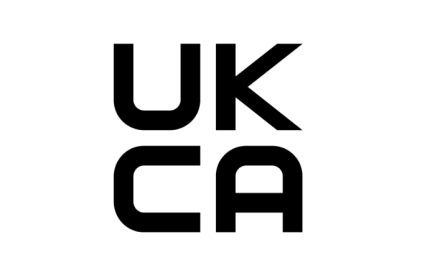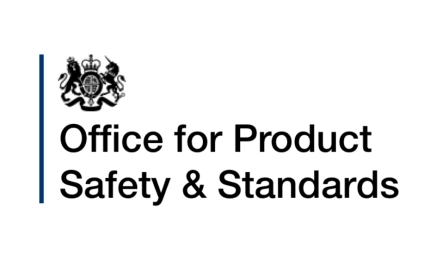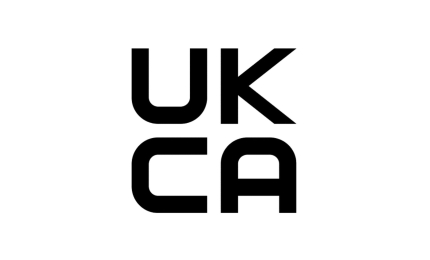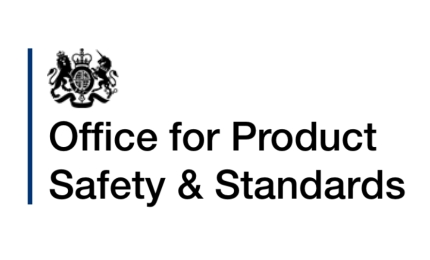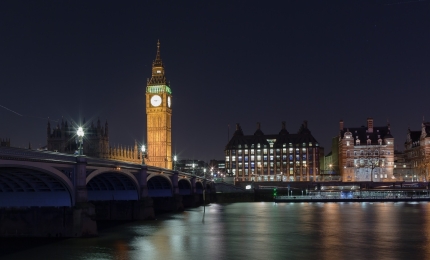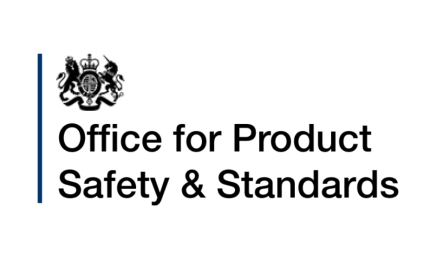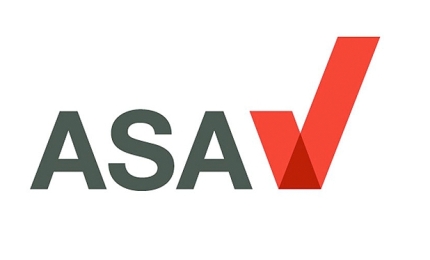Find us on...
The Withdrawal Agreement (WA) under which terms the UK left the EU on 31 January 2020 also includes a Protocol on Northern Ireland, providing the legal framework for trade in NI. An explanatory note is available here.
Below are key points for consideration on the functioning of trade in NI.
- Northern Ireland will be part of the UK customs territory and will therefore be included in any future UK agreements with third countries. For goods going from NI into the Republic of Ireland, the EU’s Union Customs Code and rules would apply and there would be no tariffs or restrictions. Goods moving directly from GB to NI won’t be subject to a tariff unless the good is being moved into the EU afterwards (however, if a Free Trade Agreement without tariffs and quotas is negotiated between the UK and the EU, there will be no tariffs in this instance either). More details can be found on this CTPA news item, explaining the customs arrangements for Northern Ireland.
- The EU regulations listed in Annex II of the NI Protocol will continue to apply to NI, meaning that NI will still follow EU rulesfor the given legislations. The EU Cosmetics Regulation, the Registration, Evaluation and Authorisation of Chemicals (REACH) Regulation, the Classification, Labelling and Packaging (CLP) Regulation are listed in Annex II of the NI Protocol, meaning that they will continue to apply to cosmetic products or their ingredients manufactured and sold in NI. However, UK legislation will also apply to NI, in order to allow NI businesses to access the GB market.
- NI compliance with EU rules will be enforced by the EU Commission and the EU Court of Justice; EU institutions will also enforce issues related to customs in NI. UK authorities will carry out enforcement actions in respect to compliance with UK legislation.

